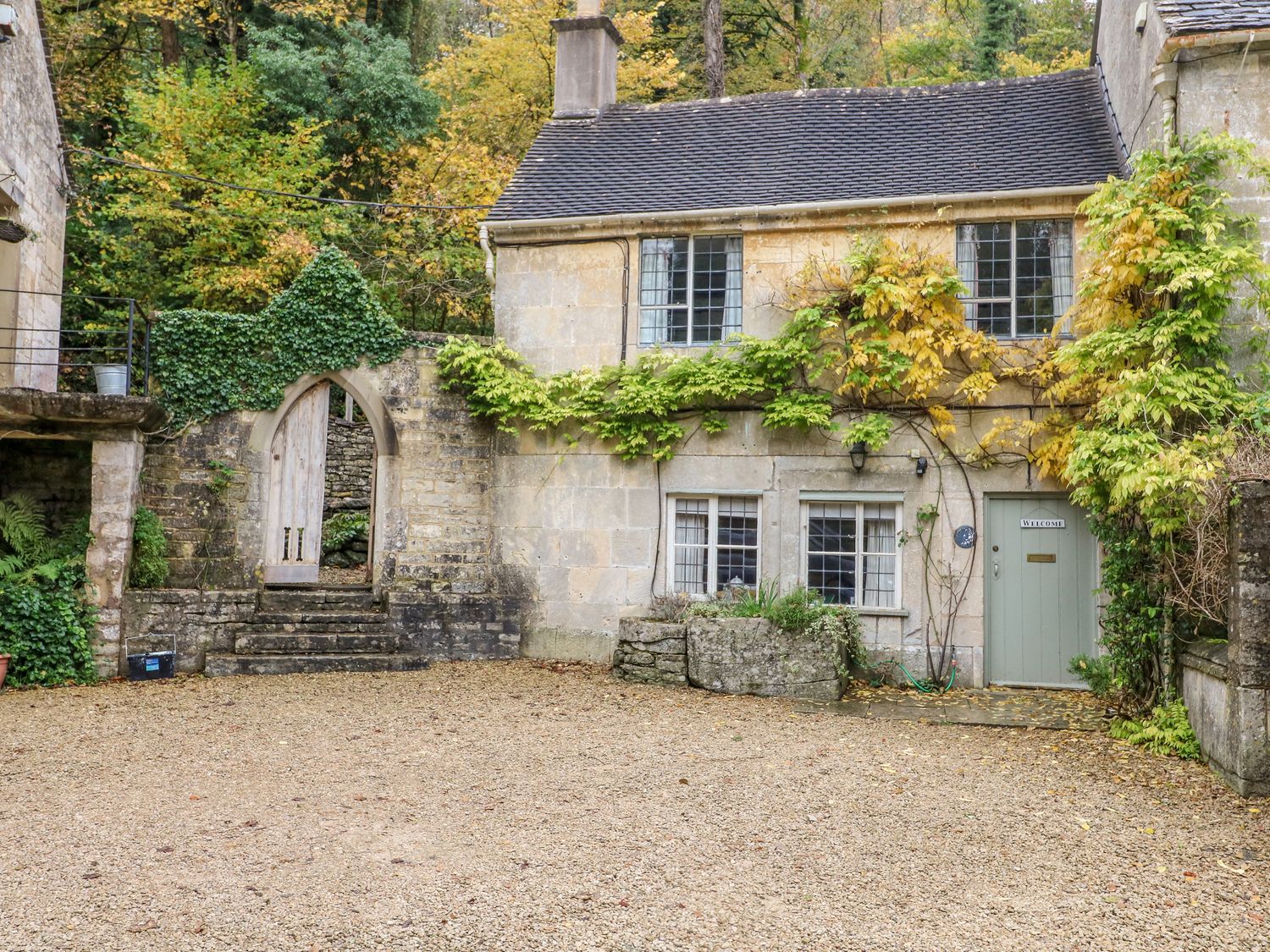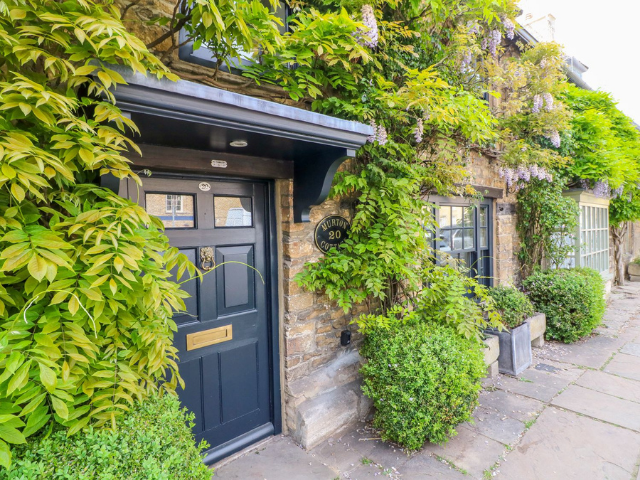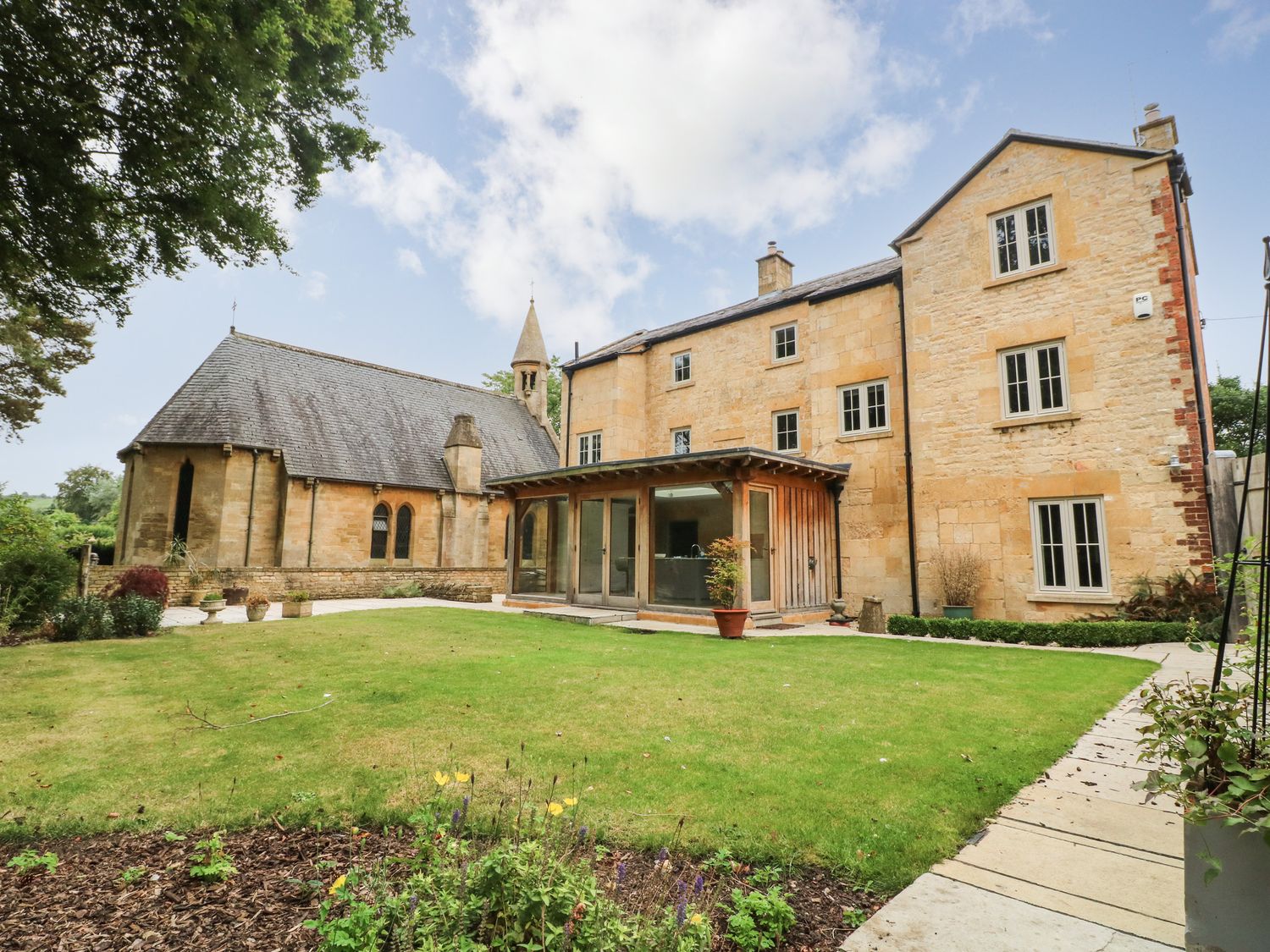Holiday Letting Trends for the Cotswolds in 2025
If you’re looking to holiday let your property, you need to know these holiday letting trends for the Cotswolds....

If you are looking to buy a holiday property in the Cotswolds, you might be wondering how to get a holiday let mortgage for a holiday let. With so many different kinds of mortgages available, it’s important to find the best one for you.
Buying a holiday cottage in the Cotswolds can be a very worthy investment, but there are, of course, plenty of things that needs doing. However, before you can start making a profit from your investment, and one of those is getting the right mortgage.
Read on for our guide to a holiday let mortgage.

Firstly your search for the right mortgage for your Cotswold holiday cottage, the most important thing is to compare. A great place to start your search for a holiday cottage mortgage is with Go Compare.
During the application process of taking out a mortgage for a holiday property, you will need to provide a letter of income projection.
When you book a meeting with a holiday let agency such as Manor Cottages, the new property team will happily create one for you.

A holiday property mortgage is a significant investment and one where the finer details will have a real impact on your profit.
Your holiday home will most likely be classed as a second home, regardless of the fact that you will not be using it as a home yourself.
So what can you do to be approved for a second mortgage?
Most of the traditional High Street banks and building societies are unlikely to offer mortgages for holiday lets. They may offer the more traditional ‘buy to let’ mortgages, but these are generally aimed at long let investments rather than holiday lets. This is because there is a different type of risk involved.
On a holiday let, the income is not guaranteed by people renting all year round. As a result, there will be times with no income at all, due to fluctuations.

With a mortgage on a property used for a holiday let this will increase the level of extra checks. This is to ensure that you can keep up with repayments regardless of the property being vacant or rented out.
It’s likely that a larger deposit will be required compared to a standard mortgage. Deposits of around 25-30% of the value of the property are not uncommon for holiday lets. Furthermore, if you have 40% or more you will dramatically improve your chances of acceptance.
That in mind, a holiday property mortgage has some great advantages too. Once confirmed your perseverance and commitment will pay off. You could benefit from tax relief as holiday cottages often are viewed as business ventures. As such, any losses incurred can be offset against future profits.
Please Note: The information contained in this article was accurate at the time of writing, based on our research. Rules, criteria and regulations change all the time, so please contact our prospective new owner team if you’d like to hear how. Nothing in this article constitutes the giving of financial, tax or legal advice to you; please consult your own professional advisor (accountant, lawyer etc). in this regard. If we have referred within the article to a third-party provider of unregulated holiday let mortgages, this is due to the fact that such mortgages aren’t currently regulated by the FCA.
As a helpful reminder, your home may be repossessed if you do not keep up repayments on a mortgage, so again anything you decide to do in this particular area this is one on which you should take your own professional advice on too, as we aren’t providing and can’t provide you with this.
Discover how a local brand with national reach can work for you. With over 25 years of letting experience, we pride ourselves on delivering the bookings you deserve.